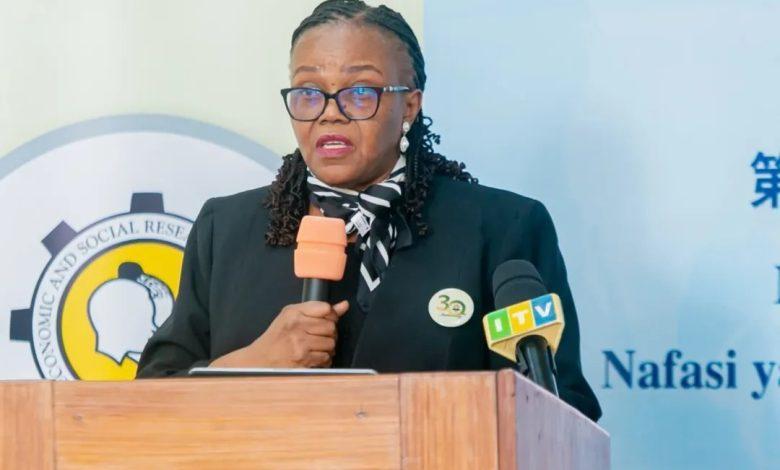Africa-Press – Tanzania. THE 3rd China–Tanzania Expert Dialogue has underscored the need for deeper knowledge exchange between the two countries to craft development pathways that reflect the unique realities of nations in the Global South.
Held in Dar es Salaam yesterday, the forum brought together scholars, diplomats and policy experts from Tanzania and China to discuss the evolving role of the Global South in global governance, particularly in the context of the post-aid era.
Economic and Social Research Foundation (ESRF) Executive Director Prof Fortunata Makene described the dialogue as an important platform for reflection and strategy-building for Tanzania’s development.
“This is a critical conversation that allows us to reflect on where we may be going wrong and learn from others’ experiences to chart a better economic future,” she said.
“We must look inward, understand our weaknesses and search for alternative models to foster growth.”
From the Chinese delegation, Professor Lan Xue of China Agricultural University called for the decolonisation of development theory, noting that current global models remain heavily influenced by western epistemologies.
“This has led to the marginalisation of indigenous knowledge systems and alternative frameworks from the Global South. We need to elevate local world-views and rethink development through our own lenses,” he said.
Professor Andrea Kifasi of the University of Dar es Salaam stressed the importance of capacity building, saying that countries in the South must strengthen their knowledge bases and institutions to drive sustainable growth.
“We must also encourage the establishment of local donor systems to reduce dependency and take ownership of our development agendas,” he said.
ESRF Principal Research Associate Professor Samuel Wangwe added that development strategies must be tailored to each country’s specific socio-economic context.
“Tanzania must continue learning from countries that have made significant progress, but it starts with recognising our own challenges before seeking external solutions,” he said.
The dialogue featured academics from leading Tanzanian and Chinese institutions, including the University of Dar es Salaam and Mzumbe University.
Discussions covered sustainable development, economic resilience, and the need for stronger multilateral cooperation.
In recent decades, Global South nations — spanning Africa, Asia, Latin America, and the Caribbean — have increasingly advocated for a more equitable role in shaping global governance.
The Dar es Salaam dialogue forms part of ongoing efforts to amplify these voices and craft development models rooted in their realities.
For More News And Analysis About Tanzania Follow Africa-Press







